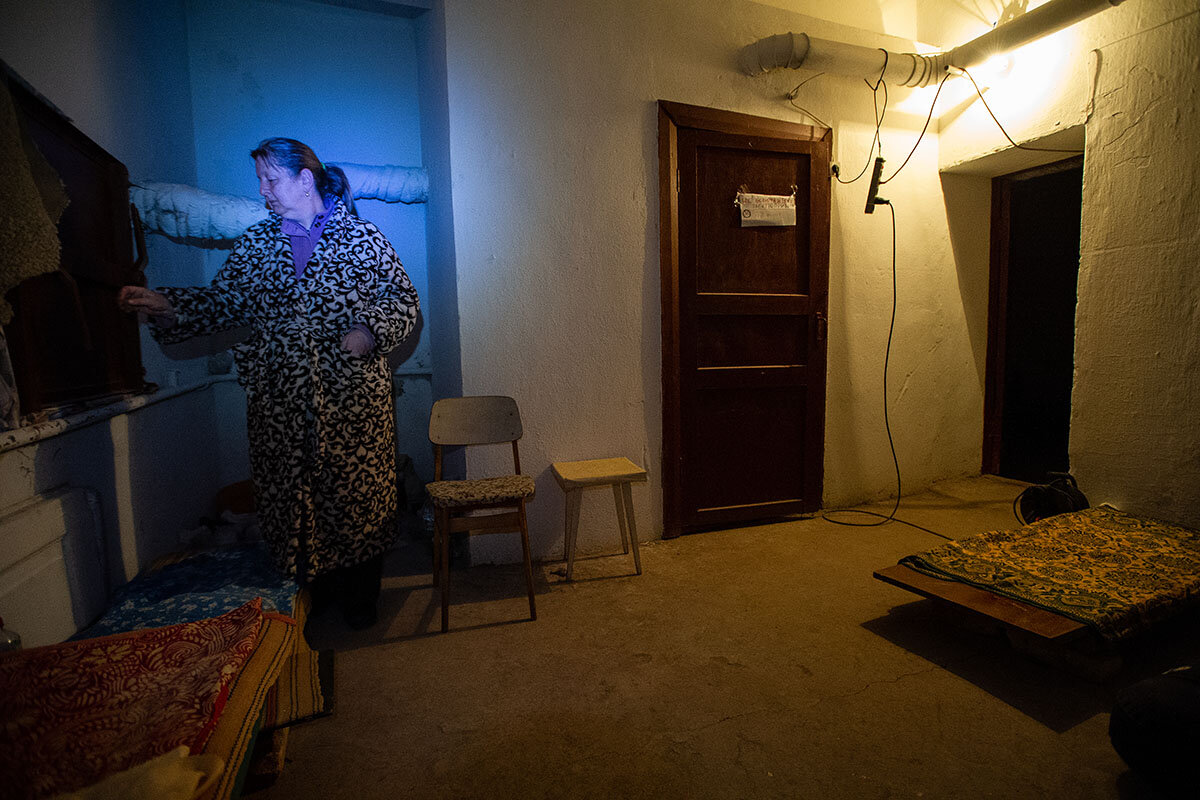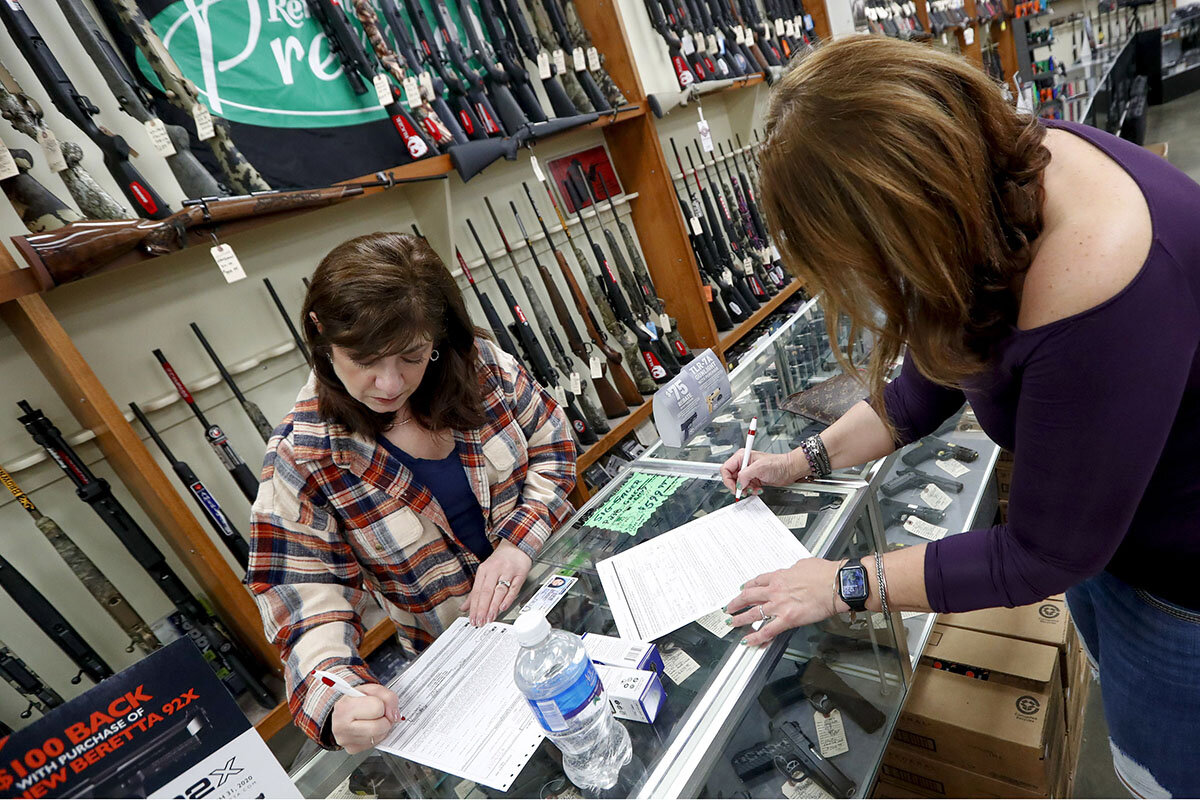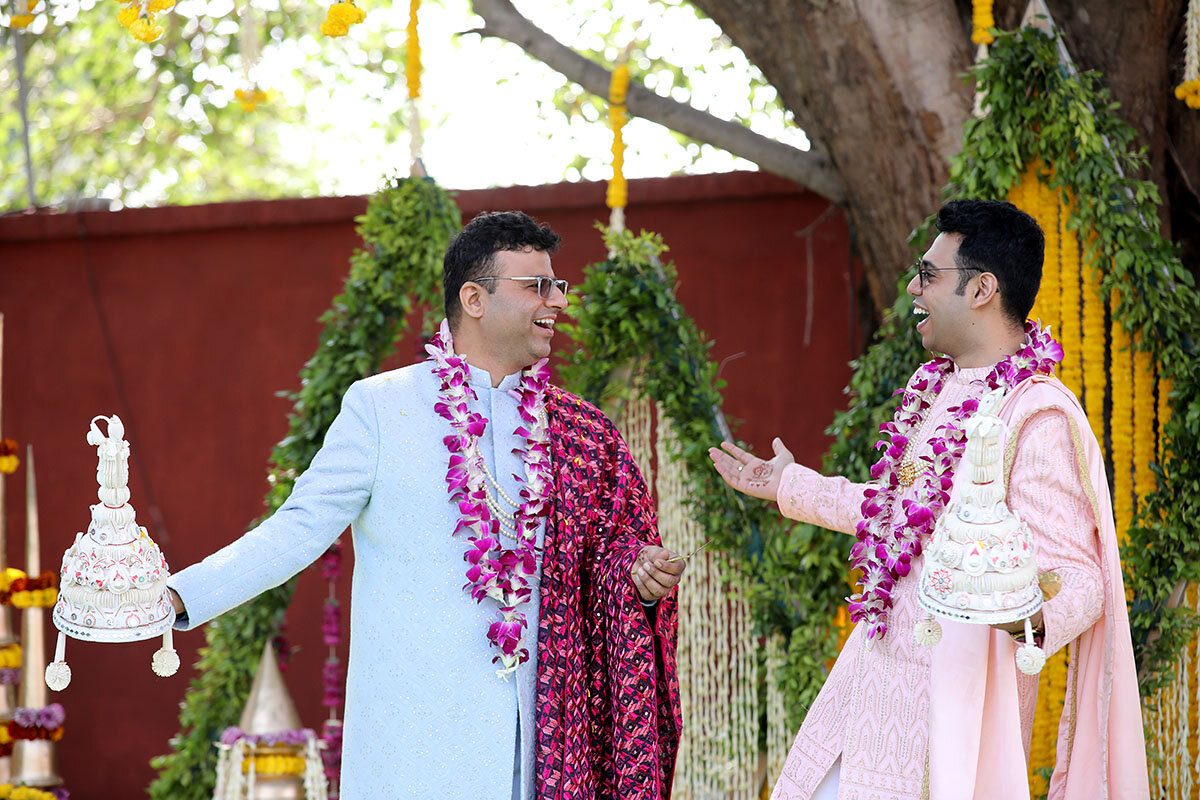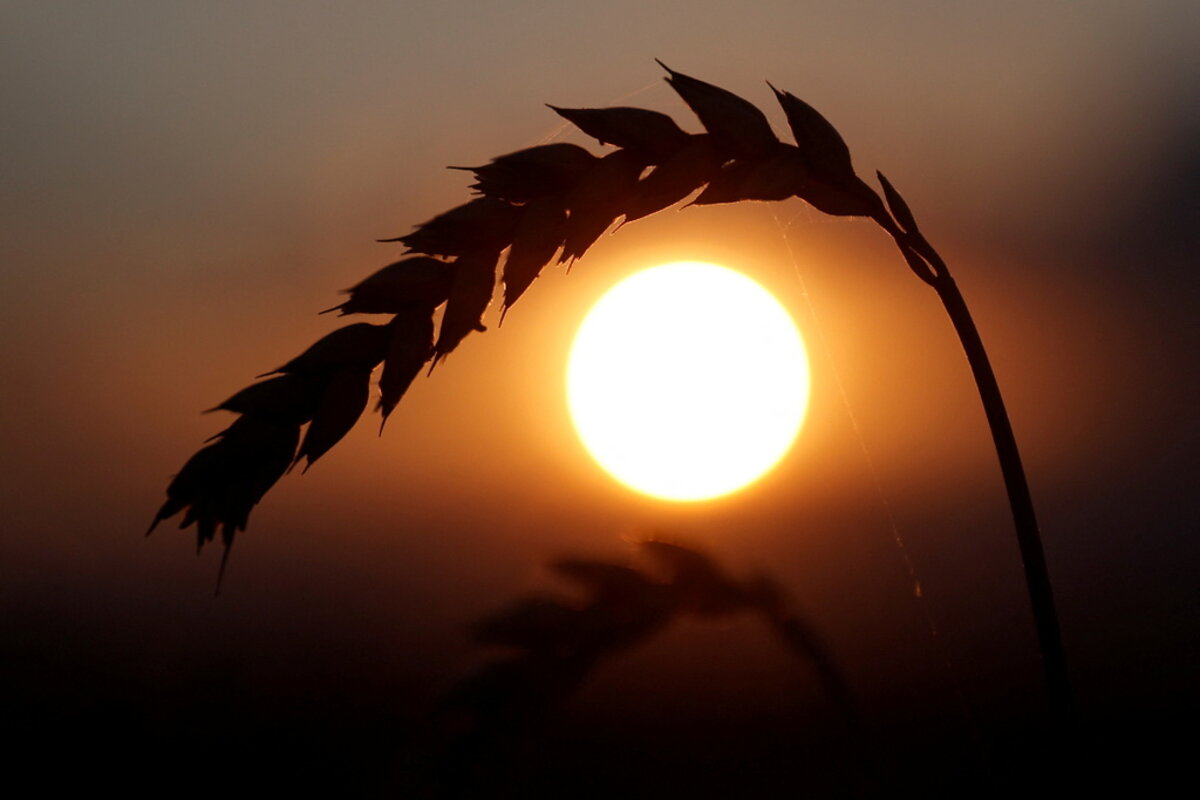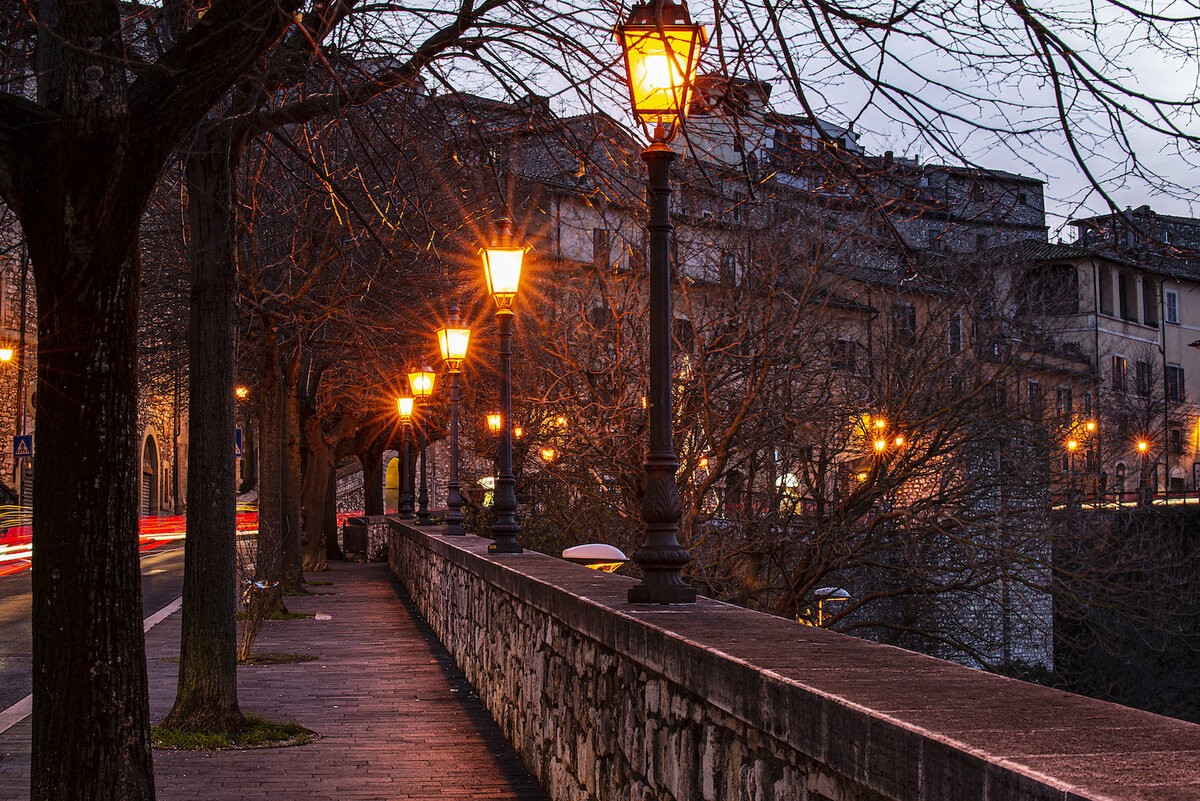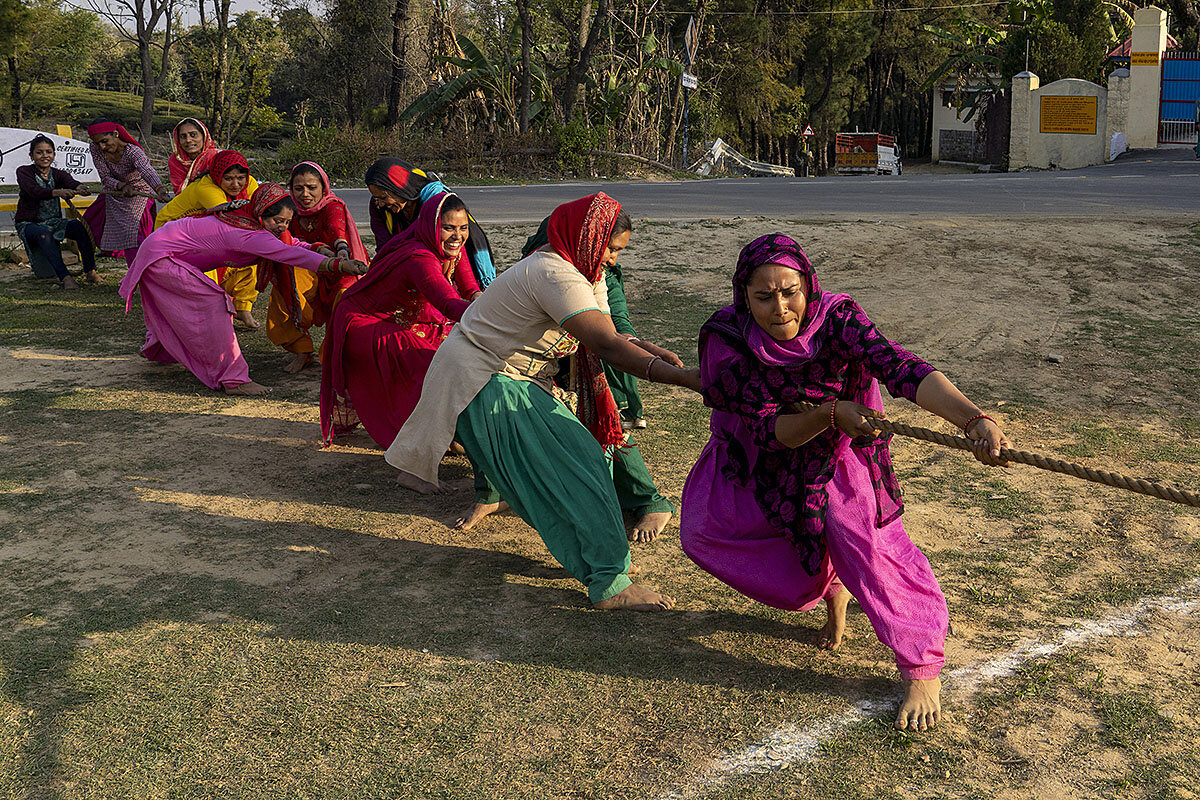In the bunkers of the besieged Ukrainian city of Mykolaiv, residents fortify each other with courage and connection – even as they acknowledge the uncertainty and danger they face daily.
Monitor Daily Podcast
- Follow us:
- Apple Podcasts
- Spotify
- RSS Feed
- Download
 Amelia Newcomb
Amelia Newcomb
Talking about Ukraine’s art treasures might not seem the most pressing issue as Ukraine throws its all into fighting Russia’s invasion. But art was at the heart of a conversation I had last week with the Monitor’s Martin Kuz, who has been reporting in country for several weeks. It was prompted by eye-catching pictures of volunteers and officials of Lviv’s Andrey Sheptytsky National Museum taking time to protect their artistic heritage even as their world was being upended. They were whisking away large paintings, emptying display cabinets, and, nearby, wrapping statues in fireproof padding.
Such care emerges amid crisis the world over, be it London in World War II or Timbuktu in 2012. It’s clearly motivated by far more than objects’ sheer beauty or financial value. So Martin reached out to Olha Honchar, director of Lviv’s “Territory of Terror” museum, and put our question to her: Why?
In many ways, the answer is simple: Art tells our stories. “Arts and culture are essential to Ukrainian identity,” Ms. Honchar said, as she and Martin sat in her museum office in Lviv’s central square. “Part of our identity is the history of terror and the pressure of oppressive regimes on our people.” As she took note of Ukrainian soldiers walking by her window, she added, “And we see that happening again.”
Growing up, Ms. Honchar heard family stories of the suffering under Soviet and Nazi regimes that the museum now bears witness to. It’s “surreal,” she says, to be leading a museum devoted to recording tyranny as Russia seeks once again to claim Ukraine.
But it is also galvanizing. Art is often targeted in war; its destruction can demoralize civilians and eliminate national stories that conquerors may not like. The museum’s collection includes archival photos and documents, oral and video histories of survivors, and “decommunized” Soviet monuments. Ms. Honchar was clear she will do everything she can to prevent its erasure – including by helping organize a Museum Crisis Fund that so far has helped 25 Ukrainian institutions as well as 150 museum workers.
“I want to be here documenting the story of Ukraine,” she told Martin. “This is what I do, who I am. It’s important to explain, especially at this really hard time, that Ukraine is not Russia. Ukraine has its own music and literature, its own art. We have to preserve those things as part of preserving who we are.”




